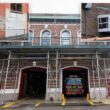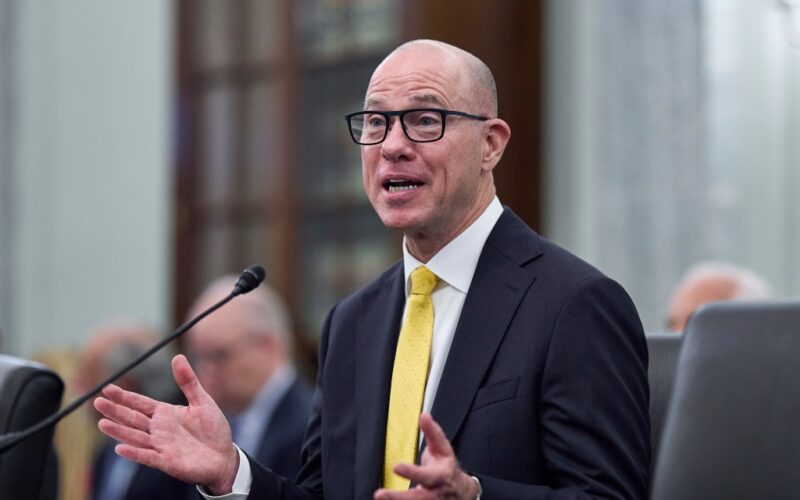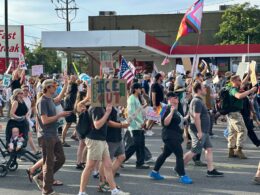Bryan Bedford, President Trump’s pick to head the Federal Aviation Administration, is reportedly not certified to pilot a plane commercially as he has claimed.
While the biography of the president and CEO of regional Republic Airways once stated he “holds commercial, multi-engine and instrument pilot ratings,” a Politico survey of FAA records found no reference to a commercial license, the outlet reported Sunday. The word “commercial” disappeared Friday, the day after Politico questioned the company.
“Bryan never misrepresented his credential; it was an administrative error that was immediately corrected,” the U.S. Department of Transportation told Politico in a statement.
The meaning of the word “immediate” was unclear, as the records show Bedford has represented himself as a commercial pilot since at least 2010, according to Politico and the aviation news publication The Air Current. The private pilot’s license does qualify Bedford to fly several types of planes in various weather and lighting conditions, Politico noted.
Bedford, whom Trump tapped in March, was grilled by Congress last week on a number of safety-related issues. Most notable was a so-called under-1,500 rule that requires aspiring pilots to log 1,500 hours of flying time to earn commercial certification as an air transport pilot.
In 2022, Republic, which Bedford has helmed since 1999, requested that be halved to 750 hours, which the FAA denied. Bedford told Congress in last week’s hearing he is committed to increasing safety standards by modernizing the air traffic control system and hiring more controllers — but refused to let Sen. Tammy Duckworth, D-Illinois, pin him down on the 1,500 rule.
The 1,500 rule was implemented after 50 people died in a 2009 Buffalo, N.Y., plane crash that the National Transportation Safety Board attributed to a combination of pilot error and the first officer’s inexperience. American aviation has been plagued with several tragedies this year, starting with the fatal midair collision between American Airlines Flight 5432 and a military Black Hawk helicopter in Washington, D.C., in which 67 people died.
The Air Line Pilots Association International, which represents pilots from 42 U.S. and Canadian airlines, is wary of changing safety standards. Before the Buffalo crash, an aspiring pilot needed 250 hours of flight time for commercial certification. Passenger fatalities have fallen by 99.8% since the rule was implemented, ALPA president Capt. Jason Ambrosi told the U.S. House Aviation Subcommittee in April, adding: “This is the wrong time to consider changing rules and rolling back safety regulations.”
With News Wire Services
Originally Published:








